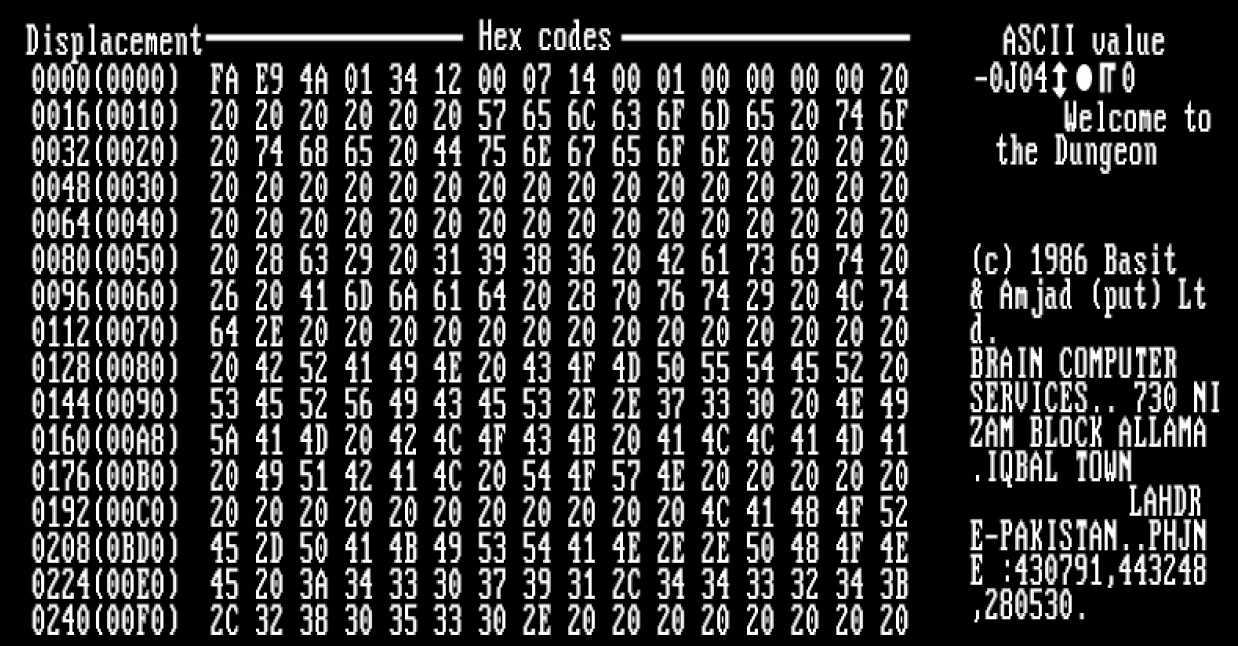|
Jerusalem (virus)
Jerusalem is a logic bomb DOS virus first detected at Hebrew University of Jerusalem, in October 1987. On infection, the Jerusalem virus becomes memory resident (using 2kb of memory), and then infects every executable file run, except for COMMAND.COM. COM files grow by 1,813 bytes when infected by Jerusalem and are not re-infected. Executable files grow by 1,808 to 1,823 bytes each time they are infected, and are then re-infected each time the files are loaded until they are too large to load into memory. Some .EXE files are infected but do not grow because several overlays follow the genuine .EXE file in the same file. Sometimes .EXE files are incorrectly infected, causing the program to fail to run as soon as it is executed. The virus code itself hooks into interrupt processing and other low level DOS services. For example, code in the virus suppresses the printing of console messages if, for example, the virus is not able to infect a file on a read-only device such as a flop ... [...More Info...] [...Related Items...] OR: [Wikipedia] [Google] [Baidu] |
Computer Virus
A computer virus is a type of computer program that, when executed, replicates itself by modifying other computer programs and inserting its own code. If this replication succeeds, the affected areas are then said to be "infected" with a computer virus, a metaphor derived from biological viruses. Computer viruses generally require a host program. The virus writes its own code into the host program. When the program runs, the written virus program is executed first, causing infection and damage. A computer worm does not need a host program, as it is an independent program or code chunk. Therefore, it is not restricted by the host program, but can run independently and actively carry out attacks. Virus writers use social engineering deceptions and exploit detailed knowledge of security vulnerabilities to initially infect systems and to spread the virus. Viruses use complex anti-detection/stealth strategies to evade antivirus software. Motives for creating viruses can inclu ... [...More Info...] [...Related Items...] OR: [Wikipedia] [Google] [Baidu] |
